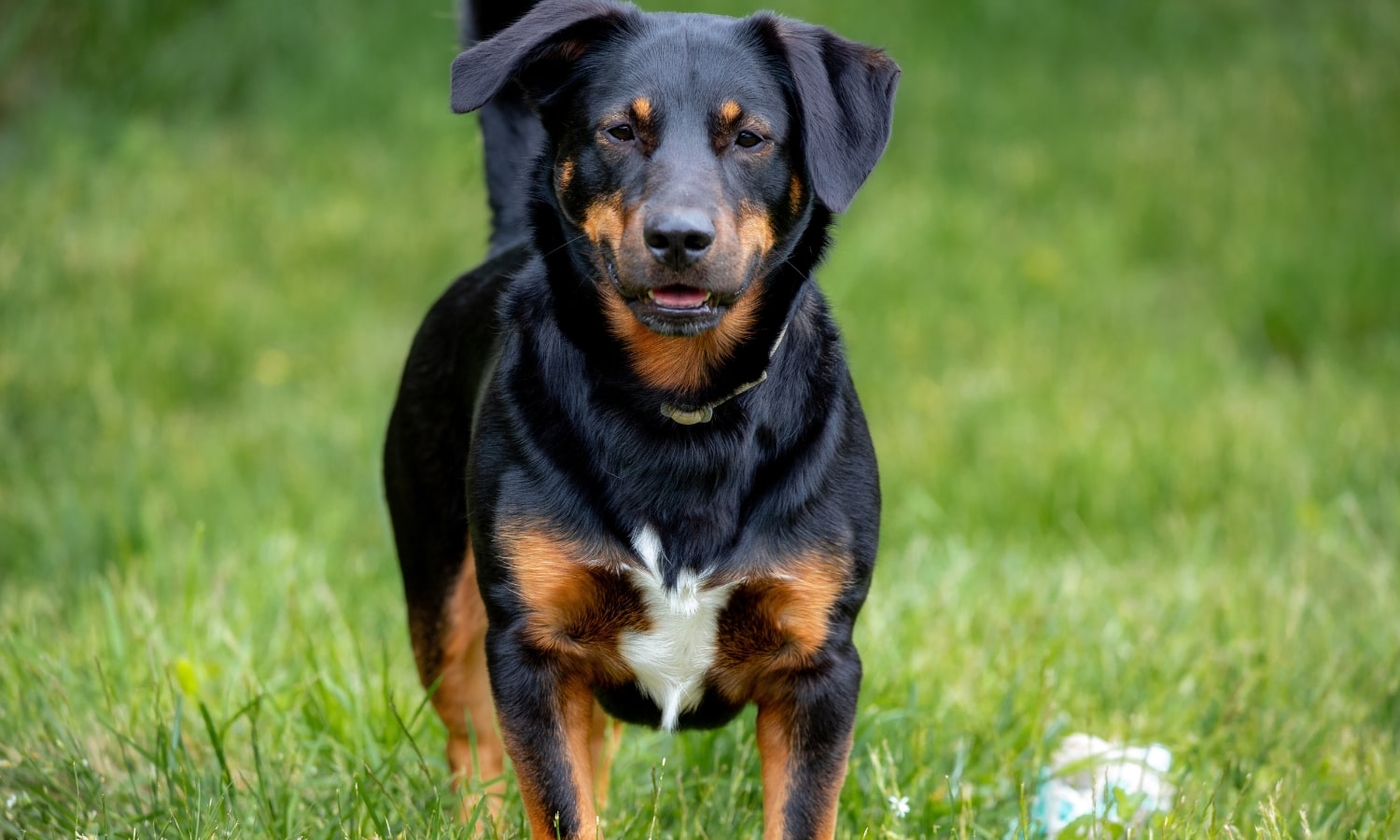The search for ways to slow down the aging process and promote healthy living has led to increased research in the field of nutritional supplements in recent years. One promising molecule that has come into the spotlight in this regard is nicotinamide mononucleotide , or NMN for short. While NMN is attracting a lot of attention in humans as a potential anti-aging agent, the question arises whether this substance could also have positive effects on our four-legged friends, such as dogs and cats.
-
NMN and its role in the aging process in animals: NMN is a precursor of NAD+ (nicotinamide adenine dinucleotide), a coenzyme that plays a crucial role in energy metabolism and other cellular processes . In humans, it is believed that NMN supplementation can increase NAD+ production and thus slow down the aging process. These findings raise the question of whether similar mechanisms are also at work in animals.
-
Studies on rodents and their relevance to pets: Research on rodents, particularly mice, suggests that NMN can extend lifespan and reduce age-related diseases. The basic biological processes are often similar in mammals, which raises the possibility that NMN could have similar positive effects in dogs and cats. However, caution is advised as the transferability of these results to pets is not immediately clear.
-
Potential Benefits for Pets: NMN may offer a number of potential benefits in pets, including improved energy production, supporting cellular health, and potentially slowing the aging process. Some pet owners even report that supplementing with NMN has helped their pets to be more vital, active, and comfortable, especially in older animals.
-
Need for further research and veterinary advice: It is important to stress that research on NMN and pets is still in its infancy. Pet owners considering using NMN as a supplement for their pets should definitely do so under the guidance of a veterinarian. Dosage and potential side effects may vary depending on the species, and it is crucial to consider the animals' individual needs and health conditions.
What is the recommended dosage of NMN for my pet?
There are currently no standardized guidelines for NMN dosing in dogs and cats, and safety and optimal dosing may vary depending on the animal species, size, health status, and other individual factors. However, some general considerations can be taken into account when pet owners consider using NMN as a dietary supplement for their pets:
-
Veterinary advice: Before giving NMN to your dog or cat, it is essential to consult with a veterinarian. An experienced veterinarian can evaluate your pet's health, consider individual needs, and make dosage recommendations.
-
Animal weight: The dosage of supplements, including NMN, often depends on the animal's weight. Veterinarians can suggest an appropriate dosage based on weight.
-
Formulation of NMN: The availability of NMN in different forms, such as powder or capsules , can make it easier to administer. Veterinarians can provide recommendations on which form is best for your pet.
-
Monitoring side effects: During administration of NMN, pet owners should be alert to possible side effects. Signs of intolerance or negative reactions should be discussed immediately with a veterinarian.
-
Individual needs: Pets have different health needs, and NMN dosing should be tailored to those individual requirements. Older animals or those with certain health conditions may benefit from adjusted dosing.
It is interesting to note that one study that administered NMN to beagle dogs used a dosage of 1,340 mg/day of NMN . This resulted in slight increases in creatinine and uric acid, while other biomarkers remained unchanged. These results may serve as a reference, but should not be taken as a general recommendation for NMN dosing in dogs or cats. In previous studies on mice, for example, researchers used 100–500 mg/kg/day of NMN , the equivalent surface dose for an adult human is about 0.5–2.5 g , depending on the weight of the individuals.
Finally, it is crucial that pet owners exercise extreme caution when adding NMN or other supplements to their pets’ diets and always seek veterinary advice.
Bottom line: Although promising evidence suggests that NMN may also have beneficial effects in pets, research in this area remains limited . Pet owners should exercise caution and speak with a veterinarian before giving NMN or other supplements to their furry friends. The health and well-being of our pets is of paramount importance, and further studies will hopefully shed more light on the potential benefits of NMN for animals.



